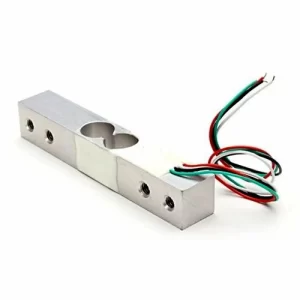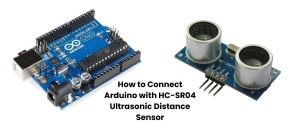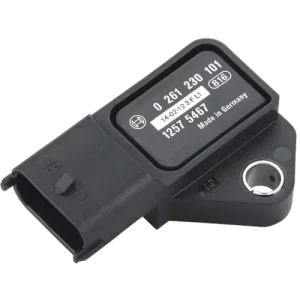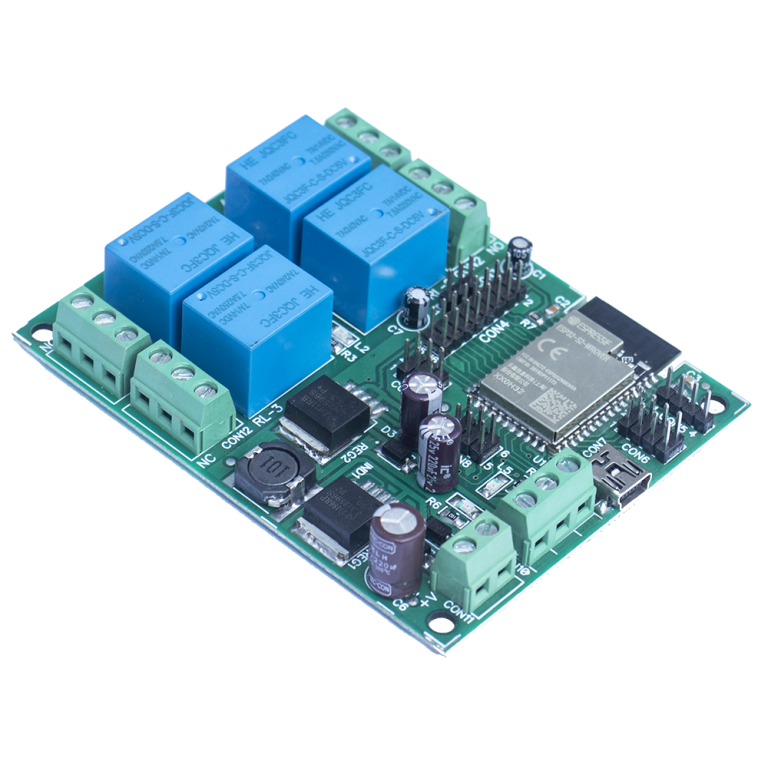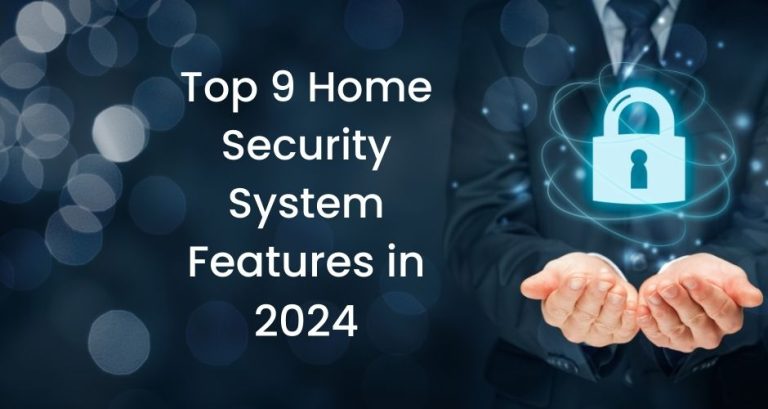
Exploring Home Automation Technologies
When it comes to home automation, various technologies vie for attention, each with its merits and demerits. Let’s delve into some of the leading options:
1. SmartThings
Ranked as the top home automation system considering features, installation, and price, SmartThings stands out as a comprehensive solution.
2. Google Nest
A widely embraced system, Google Nest Hub, powered by Google Assistant, facilitates voice-controlled tasks and remote management of lighting, heating, security, and other smart home devices.
3. Amazon Alexa
Part of the quartet of mainstream DIY smart home platforms, Alexa, alongside Apple Home, Google Home, and Samsung SmartThings, offers a versatile and user-friendly experience.
4. Wi-Fi
Wi-Fi emerges as a widely adopted protocol in home automation, seamlessly connecting smart home appliances to existing Wi-Fi networks.
5. Bluetooth
Bluetooth, another prevalent protocol, finds application in light bulbs and smart door locks, contributing to the diverse landscape of home automation.
6. Radiofrequency
As one of the oldest protocols in automation, radiofrequency provides straightforward solutions for remote-controlled appliances.
Choosing the optimal technology for home automation hinges on individual needs, preferences, and considerations such as features, installation, price, and compatibility with other devices.
The Revolution and Challenges of Smart Home Technology
Smart home technology has reshaped our lives, presenting a myriad of advantages and some challenges. Let’s explore both:
Advantages
1. Convenience
Smart home systems streamline control over various aspects like lights, thermostats, and security through a unified device, be it a smartphone or a voice assistant.
2. Energy Efficiency
Automated adjustments in temperature, lights, and real-time energy consumption monitoring contribute to energy savings in smart homes.
3. Increased Security
Smart home security systems offer remote monitoring, alerting you to suspicious activities and enabling control over cameras and alarms.
4. Cost Savings
Efficient energy management translates to long-term savings, making smart home technology a financially sound investment.
5. Ease of Access
Managing multiple devices through a single interface simplifies daily chores, reducing the need for multiple remotes.
Disadvantages
1. Cost
Equipping an entire home with smart devices can be expensive, potentially creating a significant financial barrier.
2. Compatibility Issues
Linking systems from different vendors may pose challenges, limiting choices when selecting smart home products.
3. Security Concerns
Vulnerabilities in smart home devices can expose privacy and security risks, necessitating cautious adoption.
4. Initial Installation Cost
The upfront costs of installing smart home systems may deter some individuals, presenting an initial hurdle.
Conclusion
The decision to embrace smart home technology rests on personal needs, preferences, and budget considerations. Balancing the advantages and disadvantages while factoring in convenience, energy efficiency, security, and cost savings is essential for an informed investment. Choose wisely, and embark on a journey to make your home smarter and more efficient.
You may also like:
Is Google Home an IoT device ?
Is it good idea to have home automation ?



